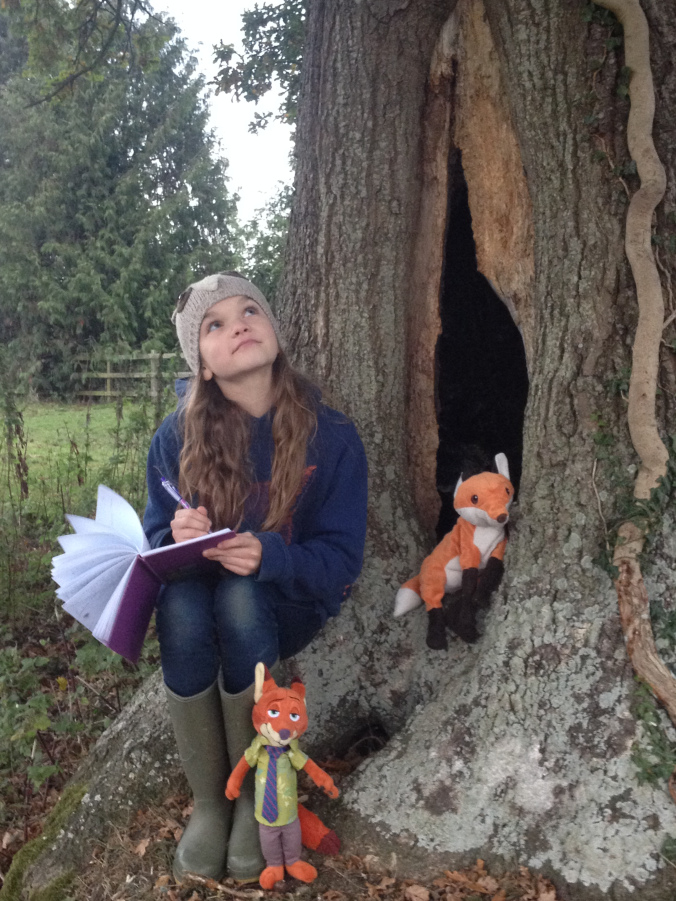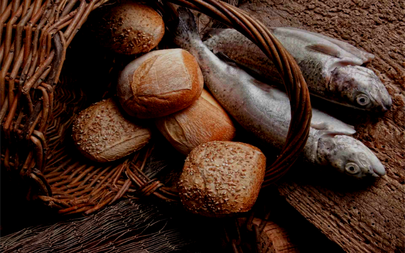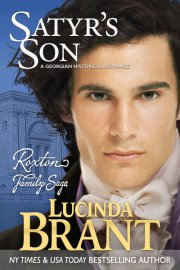If you haven’t heard of our new project, the On Fire anthology, this interview series will showcase our authors and their writing lives beyond their ignited tales. In Jean Roberta‘s “Mysteries of the Dragon,” two orphans fight against an ancient and mystical fire.

How long have you been writing?
Since I was a teenager. I used to tell bedtime stories to my two younger sisters, and I began writing stories down and making illustrations for them in my teens. In my last year of high school, I won a major award in a national (Canadian) student writing contest.
How long does it usually take you to write a story?
About a week, if I’m not interrupted.
Roughly what percentage of your time is spent editing?
Twice as much time as I spend on a first draft.
What is the first book or story that made you cry?
“The Little Match Girl” by Hans Christian Anderson.
As a writer, what would you choose as your mascot/avatar/spirit animal?
I have a tattoo of a turquoise-and-mauve lizard on one shoulder. (See attached photo from about 15 years ago.) When I was growing up in the semi-desert of southern Idaho, I used to watch lizards and sometimes caught them (harder than it looks) and keep them as pets, but they always died, so I stopped. They aren’t violent or poisonous, but they are resilient animals that can survive in harsh conditions. They have a sly look, as though they know more than they let on.
What interesting thing did you learn while writing your last story?
That paring down and simplifying a plot usually improves a story. Too many complications are confusing!
How do you choose your character’s personalities and names?
Sometimes my character’s names refer to their occupations or characteristics (e.g. a male clothing designer is named “Serge,” a formerly “stone butch” is named Petra, and my alter-ego English professor is named Dr. Athena Chalkdust.) My character in the current story, “Mysteries of the Dragon,” names himself George after the patron saint of England, who supposedly rescued a maiden from a dragon. Some of my characters first appear in my dreams
Do you use one or more professional editors, and if so, what types?
I usually get advice from fellow-writers.
If you could go back in time, what would you say to your younger self about becoming an author?
Be patient! If you keep writing, you’ll find an audience.
Both of your stories with us focus on themes of orphans and religious convents. How do these lend to your message and aesthetic as a writer?
Orphans are interesting because they are wild cards. Their birth-parents could be anyone, and the orphans themselves can sometimes create interesting, powerful roles for themselves despite their social status as outsiders. (Note that the classic Canadian story, Anne of Green Gables, is about an orphan with a vivid imagination which helps her survive in a rural environment where there aren’t many exciting things to do.)
Religious institutions had a controlling effect on culture for centuries, for better and worse. The Christian Inquisition was horrifying, but at the same time, churches have preached unselfish compassion for others while preserving and spreading knowledge (written language, in particular).
I’ve met good, loving people who have felt “called” to a religious life, only to find they are in conflict with an administration that exists mainly to preserve a hierarchy.
Jean Roberta lives on the Canadian prairies, where the vastness of land and sky encourage daydreaming. She teaches literature, composition and creative writing in the local university. Her diverse fiction (mostly erotic) has appeared in many print anthologies, and in the single-author collection Obsession (Renaissance). Her gothic fantasies include “The Water-Harp” in Underwater (Transmundane), and “Roots” (in the “Treasure Chest”). Follow her on her website, blog, or Facebook page.
Follow our Amazon page for On Fire’s release this December 1st!
SaveSave
Advertisements Share this:- More





